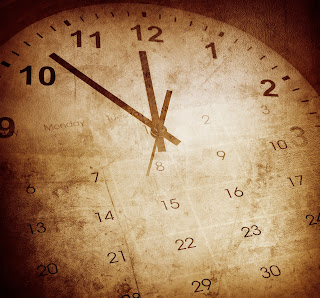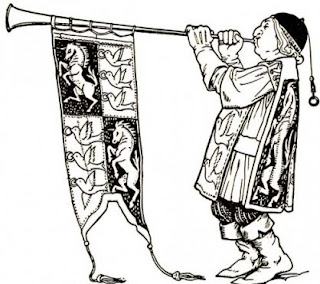A huge loss recently was the singer Meat Loaf. His music was entwined with my adolescence. He was the soundtrack and the aspiration of my younger self.
The album Bat Out of Hell came out in 1977, an
explosive debut for the rising star. I don’t know how many of the songs became
big hits, but some of them seemed to be playing everywhere. The biggest hit, “Paradise
by the Dashboard Lights” was the song of that summer, a summer when I had just
begun to drive and was just aware of the power of songs on the radio. The cut
is driving and frenetic, barely a moment of release in its churning base-driven
frenzy. In Boston, the radios had substituted out local announcer, Dick
Stockton, for the famous spoken part by Phil Rizzuto so the song had a local
charm. And, oh yes, I was “barely seventeen” at the time. Meat Loaf was singing
about me. He was singing to me. And even if I could only dream about being in a
situation like the doomed protagonist in his epic song, I felt the passion and
the heat every time the song played or each of the thousands of times I listened
to it on the LP.
The album and the singer stayed with me as I grew up. In
college I discovered Rocky Horror Picture Show and Meat Loaf’s soulful,
murderous Eddie was a powerful and haunting presence (whatever did happen to
Saturday night?). His later music was elegant and emotional. I noticed his
touch as a producer in songs I loved like Bonny Tyler’s “Total Eclipse of the
Heart” or Air Supply’s “Making Love Out of Nothing at All.” But it was the
powerful virtuosity of his first songs that stayed with me.
The other day when Meat Loaf died, “Two Out of Three” popped
into my head at once. With the miracle of Amazon Echo, Alexa was playing the
song for me almost before I had asked her to. I was singing along, every word etched
in the deep recess of my long-term memory. Sailing through chorus and verse,
the mature tenor me stayed with Meat Loaf high note for high note. Then the
bridge, at the stratospheric line about the “Coup de Ville hiding at the bottom of
a Cracker Jack box,” miraculous to see, I was still in the game. But Meat Loaf
had another register and the song transposes even higher, “never be able/ to give
you something/ something that I just haven’t got.” Beaten again and at last.
Well played, Meat Loaf. Again and finally, well played.
Ah well. What’s a heaven for?












